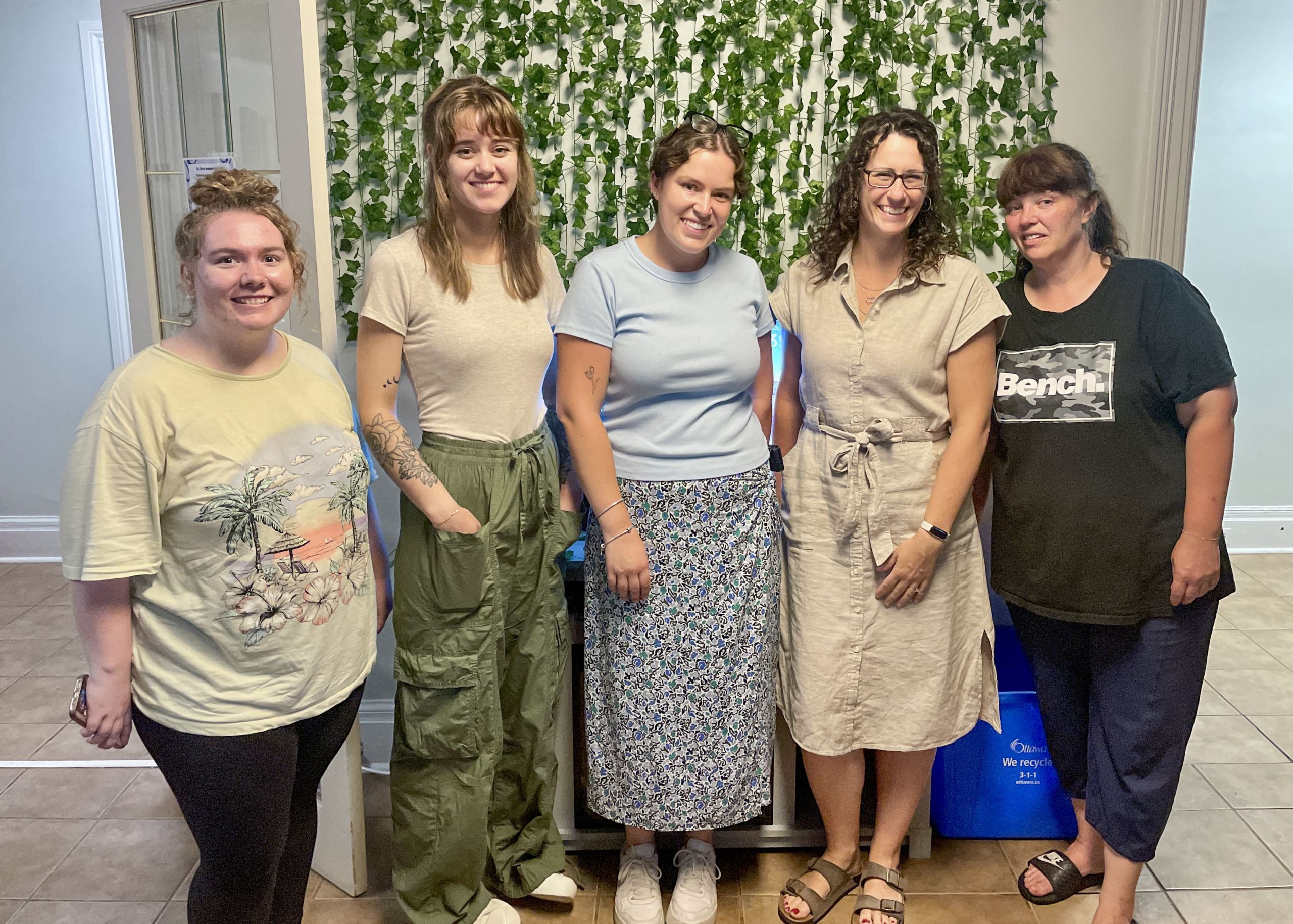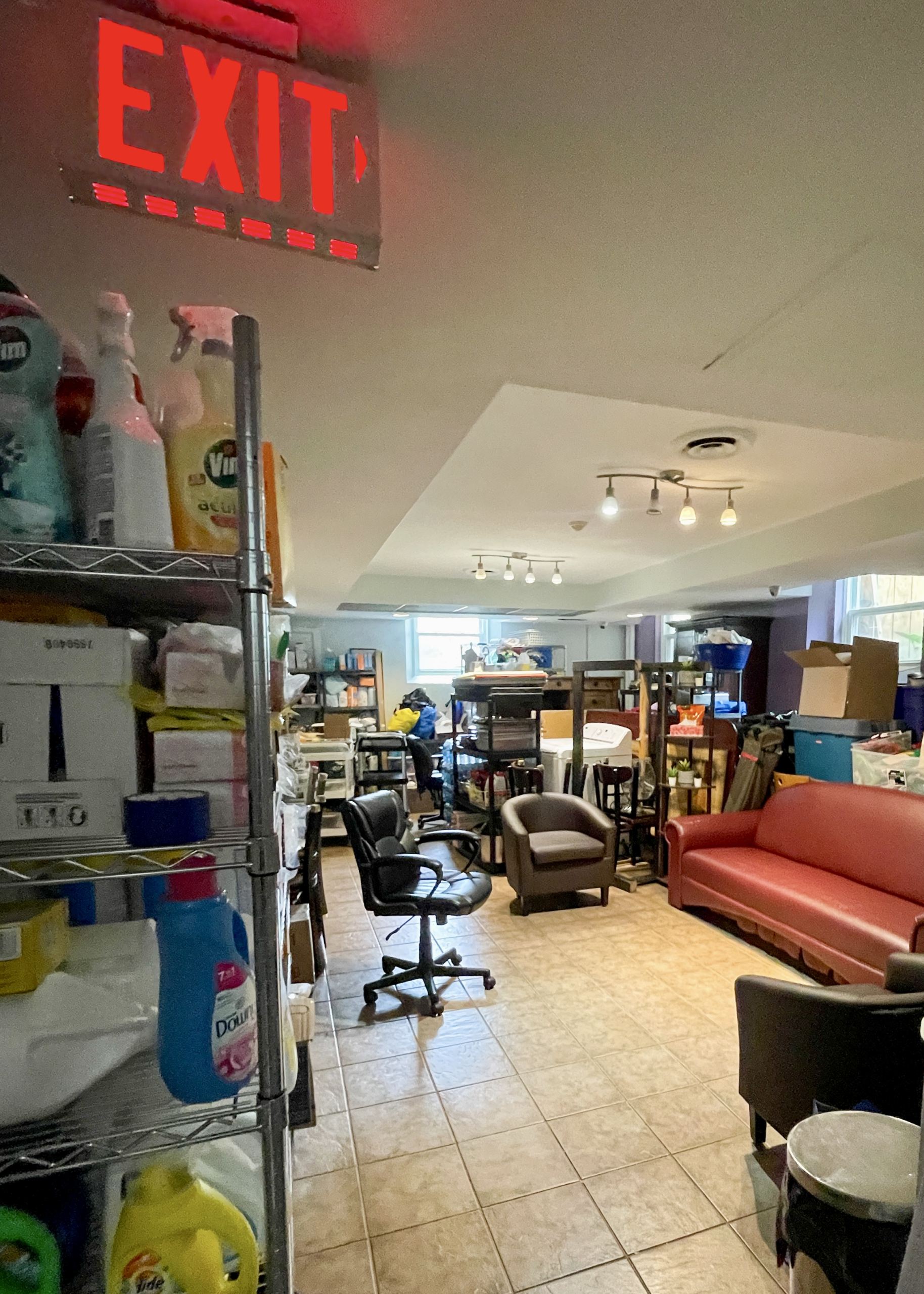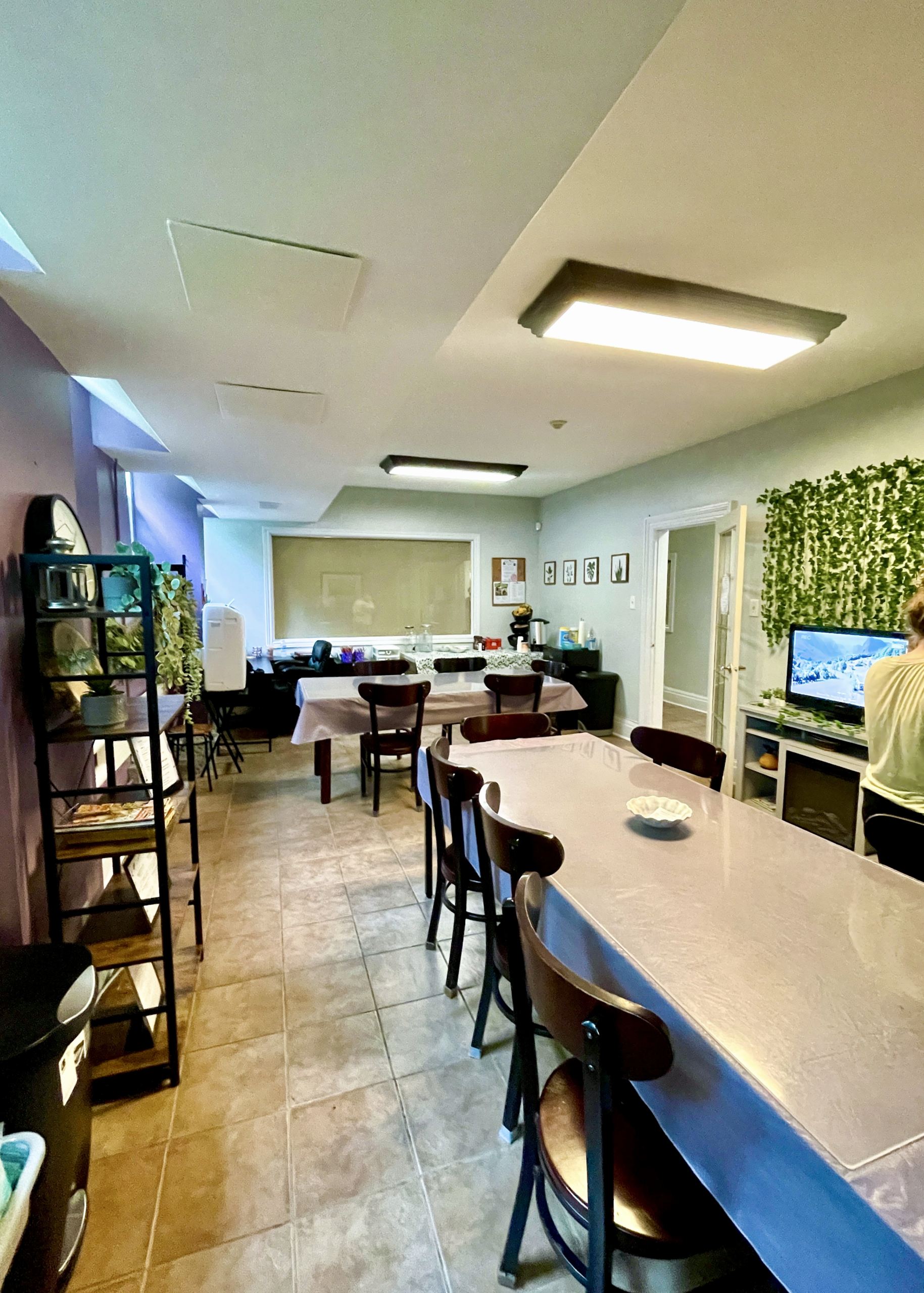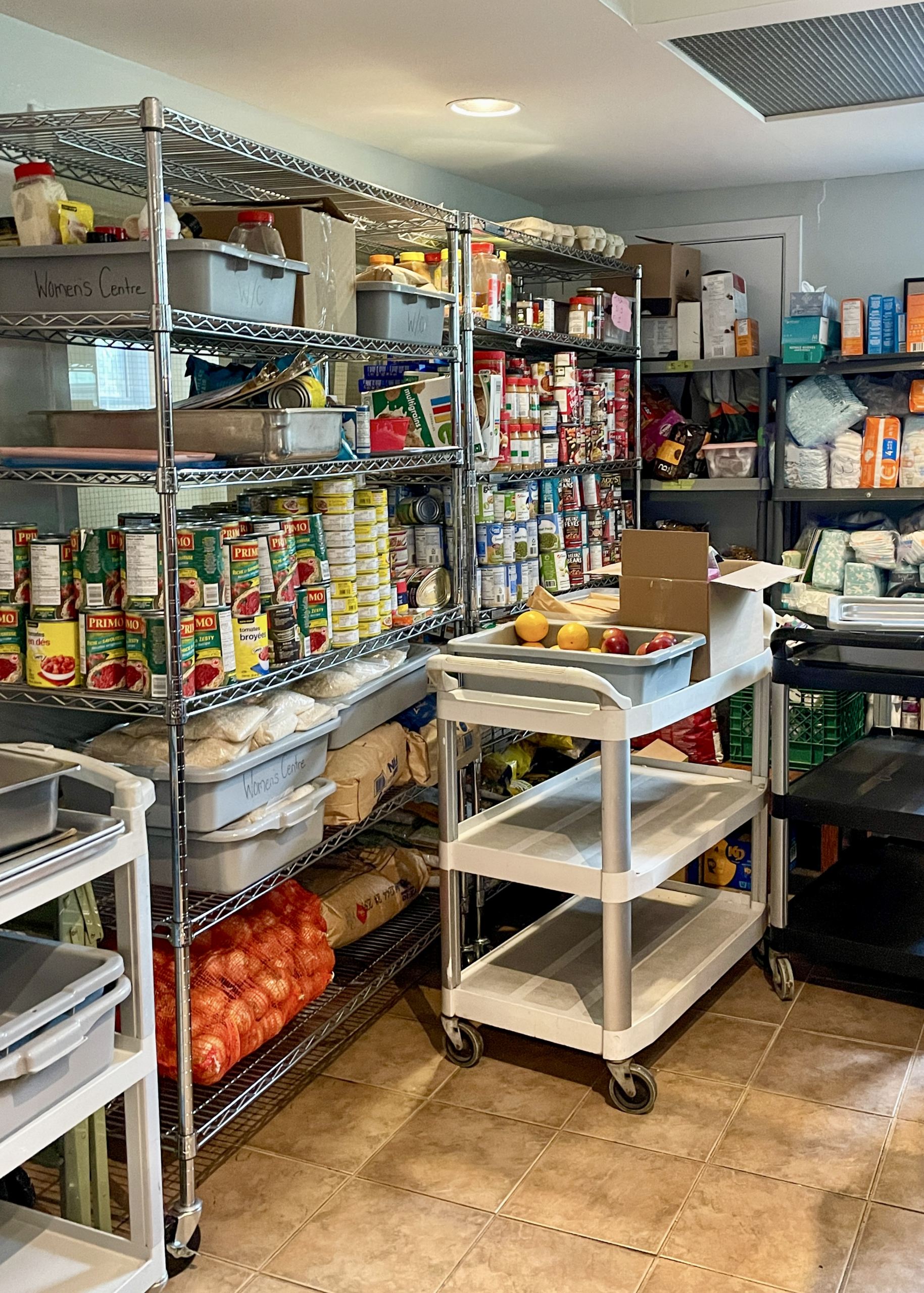
During the June 22 weekend, a pipe burst at St. Joe’s Women’s Centre, forcing the organization to close temporarily. The damage to the food, kitchen, and storage spaces was extensive, and all stored food had to be thrown away. Structural repairs are estimated to cost between $30,000 and $50,000.
For two weeks following the flood, the staff at St. Joe’s had to turn people away as they dealt with the aftermath. The women and gender-expansive folks who rely on St. Joe’s for meals, groceries, school snacks, showers, laundry, and a safe place to be during the day faced significant disruptions.
Reopening on July 8, even on a reduced services basis, was an ambitious goal. However, the team met that deadline, showcasing their incredible collaborative spirit and dedication. Since reopening, the meal program has been paused due to ongoing building issues and kitchen renovations, now run temporarily by a manager with staff support. Despite these challenges, the team is working hard and aiming for late-September completion.

I had the privilege of visiting St. Joe’s earlier today on behalf of the ORCC, and was welcomed by the amazing team of seven, including Jennifer Clark, the Centre’s Director, Alia Reynolds, the Centre’s Program Coordinator, and Jane Tenthorey, Manager of Support Services. During our meeting, I learned about the critical support provided by community partners like the Ottawa Food Bank and the need to employ past models to serve the people coming to them amid smaller space, and limited offerings.
We discussed the impact of reduced services on service users, especially concerning food security programs. The team emphasized the importance of understanding and addressing the needs of service users, who value routine and familiarity, and finding new ways to adapt in the face of disruptive change. They highlighted the need for efficient and effective systems to ensure people receive the food they need and expressed gratitude for the team’s hard work and optimism about the future.
For the past 40 years, St. Joe’s has operated as a daytime drop-in Centre for unhoused women in Ottawa. Like many local non-profit and grassroots organizations, they are forced to rise to the challenge of meeting increasing demand for services with fewer resources.
The intersection of being unhoused and experiencing gender-based violence is significant for many women and gender-expansive folks who seek support at St. Joe’s. The instability of not having a permanent residence can exacerbate susceptibility to being targeted for violence and additional harm. Unhoused women and gender-expansive folks often face higher risks of physical and sexual violence, and they may encounter barriers to accessing safety and support services.


Monetary donations are incredibly helpful, and St. Joe’s has posted an Amazon wish list and specific items like coffee, tea, and toiletries on their website and Facebook page to aid in their partial reopening.
The team at St. Joe’s is deeply grateful for the community’s response and is working hard to maintain relationships with donors, sending timely thank you cards for donations received. How St. Joe’s Women’s Centre navigated one of its biggest disruptions since the global pandemis would be an excellent case study in the importance of communication and setting boundaries to address unforeseen organizational challenges. It was inspiring to witness the outcome of their collective efforts and their dedication to providing support and space to clients despite the constraints of their reduced facility.
Written by: Roselin Dixon
Community Outreach & Communications Lead | ORCC

